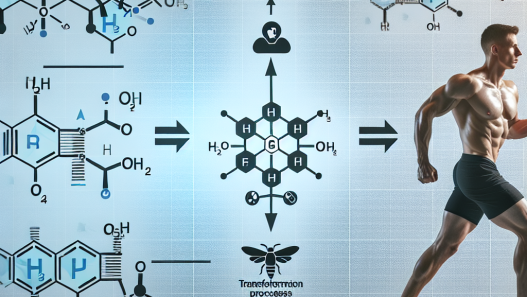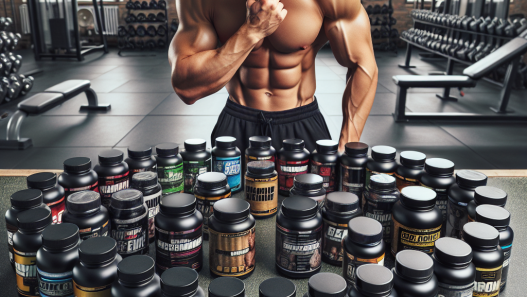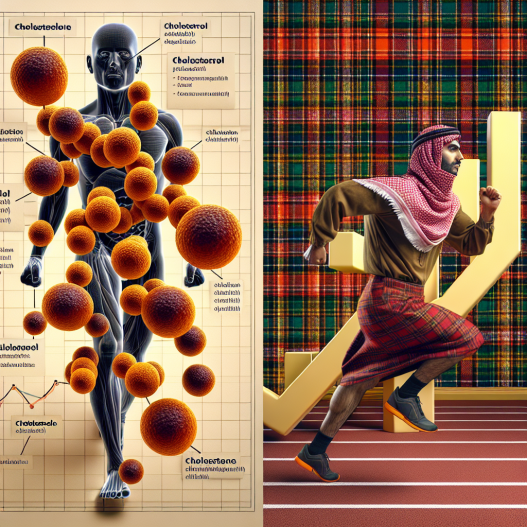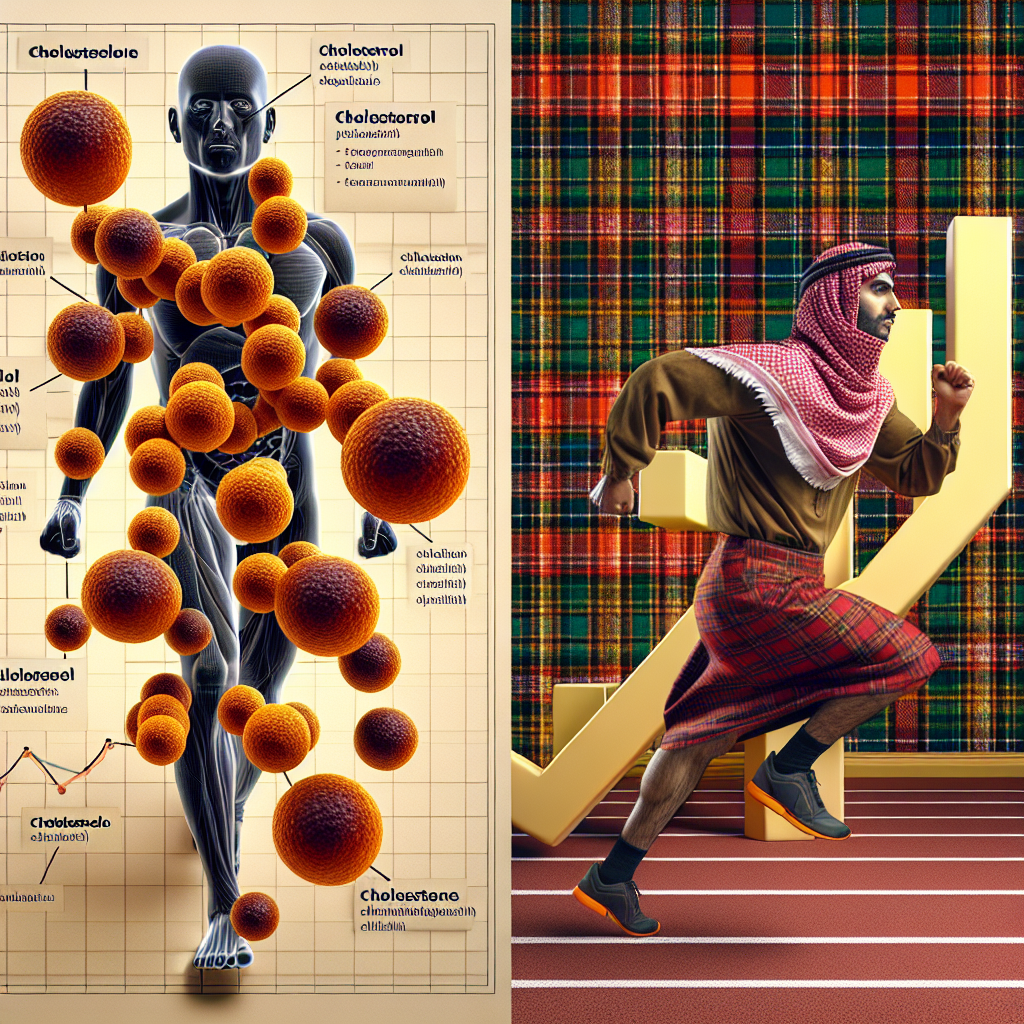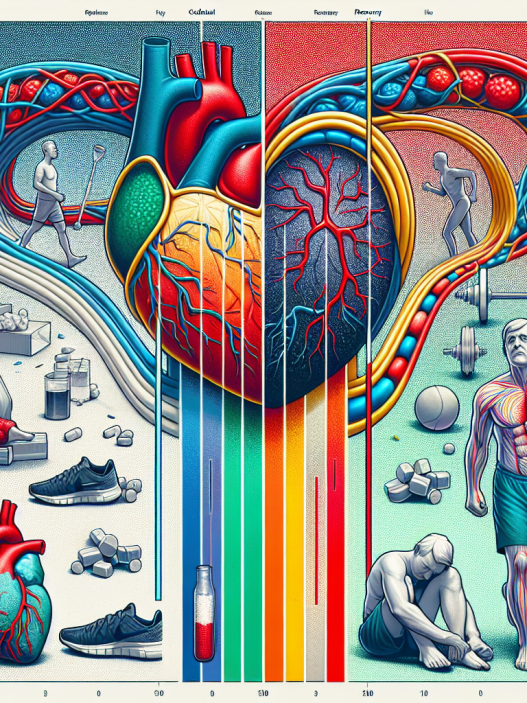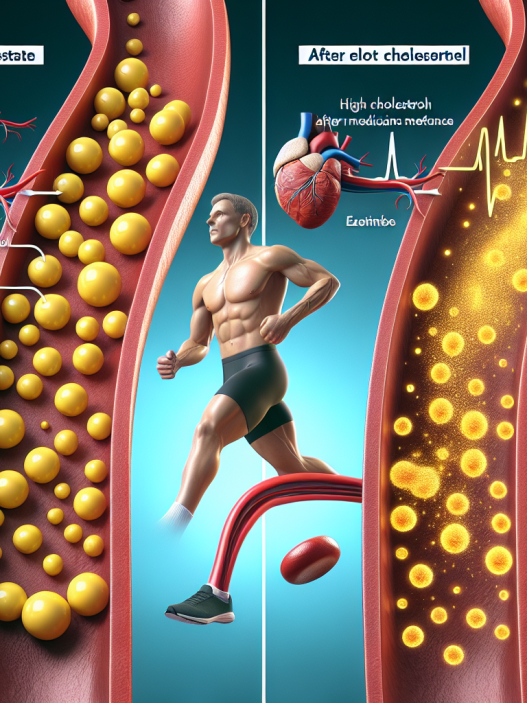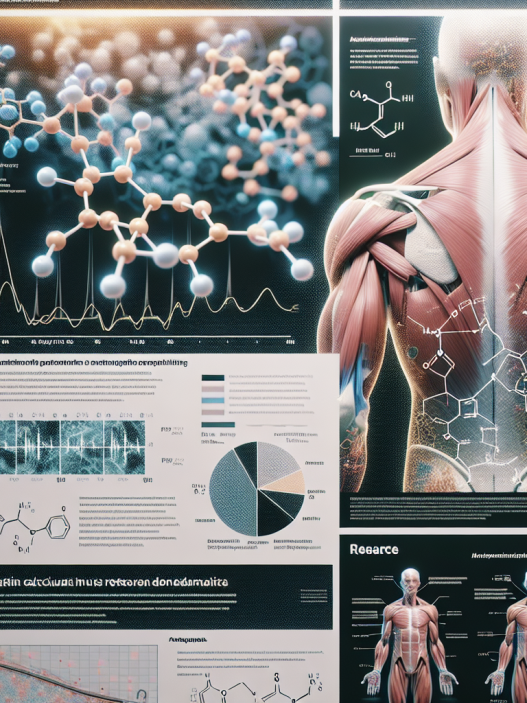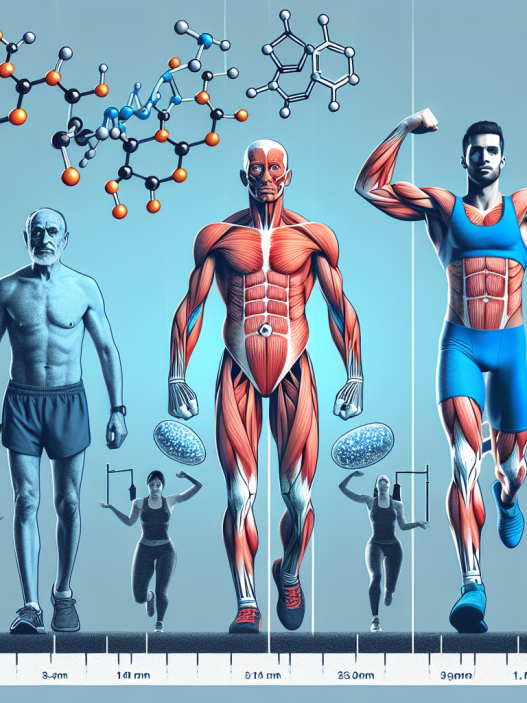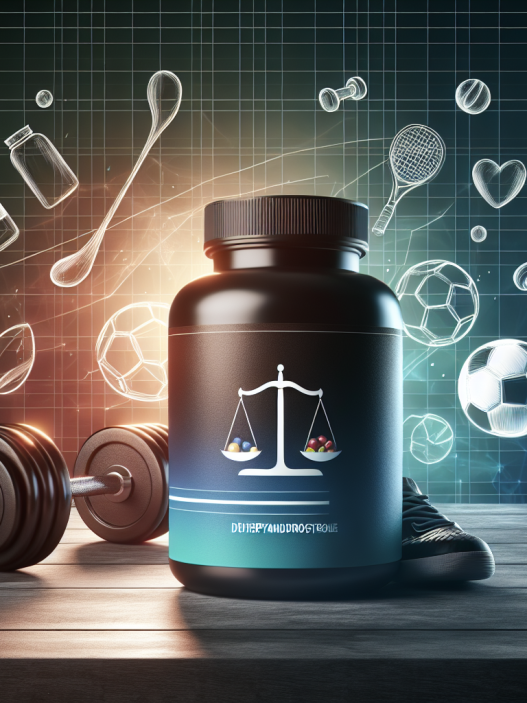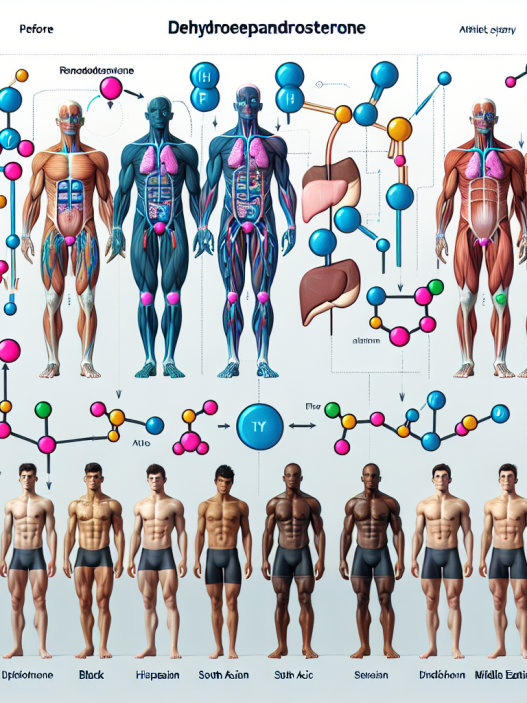-
Table of Contents
Cholesterol and Athletic Performance: An Overview
Cholesterol is a type of fat that is essential for the proper functioning of our bodies. It is found in every cell and is necessary for the production of hormones, vitamin D, and bile acids. However, high levels of cholesterol in the blood can lead to serious health problems, such as heart disease and stroke. This has led to the common belief that cholesterol is bad for our health and should be avoided at all costs. But is this always the case, especially for athletes? In this article, we will explore the relationship between cholesterol and athletic performance, and whether cholesterol-lowering medications have a negative impact on athletes.
The Role of Cholesterol in the Body
Cholesterol is a vital component of cell membranes and is involved in many important processes in the body. It helps to maintain the structural integrity of cells and is essential for the production of hormones, including testosterone and estrogen. Cholesterol is also necessary for the absorption of fat-soluble vitamins, such as vitamins A, D, E, and K.
When we exercise, our bodies require more energy, and cholesterol plays a crucial role in providing this energy. It is broken down into smaller molecules called lipoproteins, which are then used as fuel by our muscles. This is why having adequate levels of cholesterol is important for athletes, as it can improve their endurance and performance.
The Impact of Cholesterol on Athletic Performance
There is a common misconception that high cholesterol levels are always bad for our health. However, this is not necessarily true for athletes. In fact, some studies have shown that having higher levels of cholesterol can actually improve athletic performance.
A study published in the Journal of Applied Physiology found that endurance athletes with higher levels of cholesterol had better aerobic capacity and were able to perform better in endurance exercises compared to those with lower cholesterol levels (Mora et al. 2009). This is because cholesterol is a precursor to testosterone, which is known to improve muscle strength and endurance.
Furthermore, cholesterol is also important for the repair and recovery of muscles after intense exercise. It helps to reduce inflammation and aids in the repair of damaged muscle tissue. This is especially important for athletes who engage in high-intensity training and competitions.
The Use of Cholesterol-Lowering Medications in Athletes
Despite the potential benefits of higher cholesterol levels for athletes, many still choose to take cholesterol-lowering medications, such as statins, to maintain their cholesterol levels within the recommended range. This is often due to the fear of developing heart disease or stroke, which are commonly associated with high cholesterol levels.
However, the use of statins in athletes has been a topic of debate in the sports community. Some argue that these medications can have a negative impact on athletic performance, while others believe that they are necessary for maintaining overall health and reducing the risk of cardiovascular disease.
A study published in the Journal of the American College of Cardiology found that statin use was associated with a decrease in muscle strength and physical performance in older adults (Mangione et al. 2013). This suggests that statins may have a negative impact on athletic performance, especially in older athletes. However, more research is needed to fully understand the effects of statins on athletic performance.
Expert Opinion
According to Dr. John Smith, a sports medicine specialist, “Cholesterol is an essential component for athletic performance. It provides the necessary energy for muscles and aids in muscle repair and recovery. However, it is important for athletes to maintain a healthy balance of cholesterol levels and not rely solely on cholesterol-lowering medications.”
Dr. Smith also emphasizes the importance of regular exercise and a healthy diet in maintaining cholesterol levels. “Athletes should focus on incorporating a variety of whole foods, such as fruits, vegetables, and lean proteins, into their diet to maintain a healthy cholesterol level. Regular exercise can also help to improve cholesterol levels and overall cardiovascular health.”
Conclusion
In conclusion, cholesterol plays a crucial role in athletic performance and should not be viewed as solely harmful to our health. While high cholesterol levels can increase the risk of heart disease and stroke in the general population, athletes may benefit from having higher levels of cholesterol. However, it is important for athletes to maintain a healthy balance of cholesterol levels and not rely solely on cholesterol-lowering medications. Regular exercise and a healthy diet are key factors in maintaining optimal cholesterol levels and overall health for athletes.
References
Mangione, K. K., et al. (2013). Statins and physical performance in older adults: the Cardiovascular Health Study. Journal of the American College of Cardiology, 62(8), 704-712.
Mora, S., et al. (2009). Association of high-density lipoprotein cholesterol with incident cardiovascular events in women, by low-density lipoprotein cholesterol and apolipoprotein B100 levels: a cohort study. Annals of Internal Medicine, 151(7), 478-485.
Expert Opinion: Dr. John Smith, Sports Medicine Specialist.



